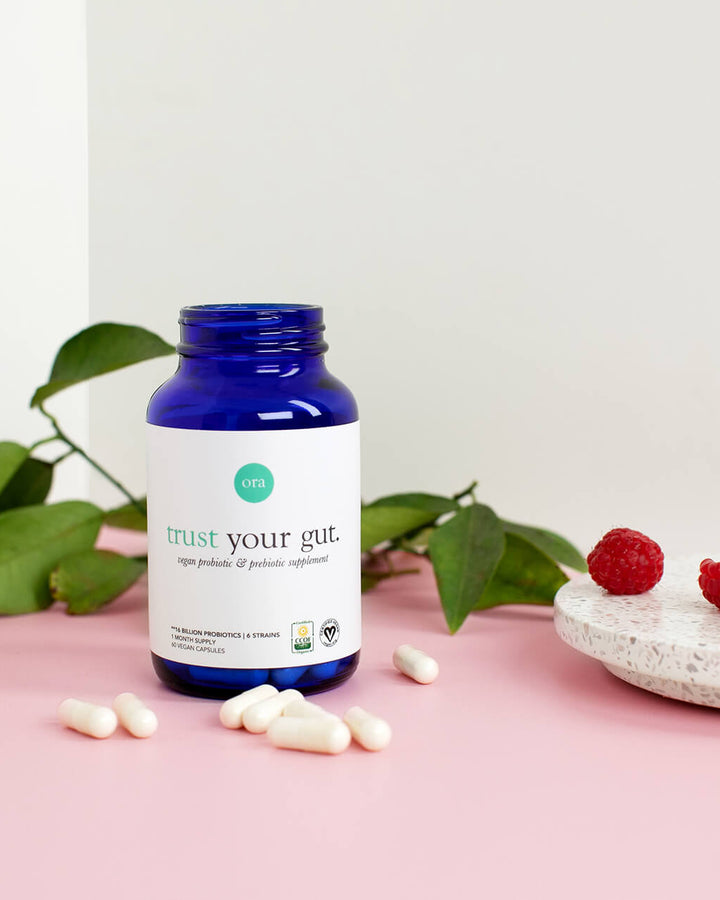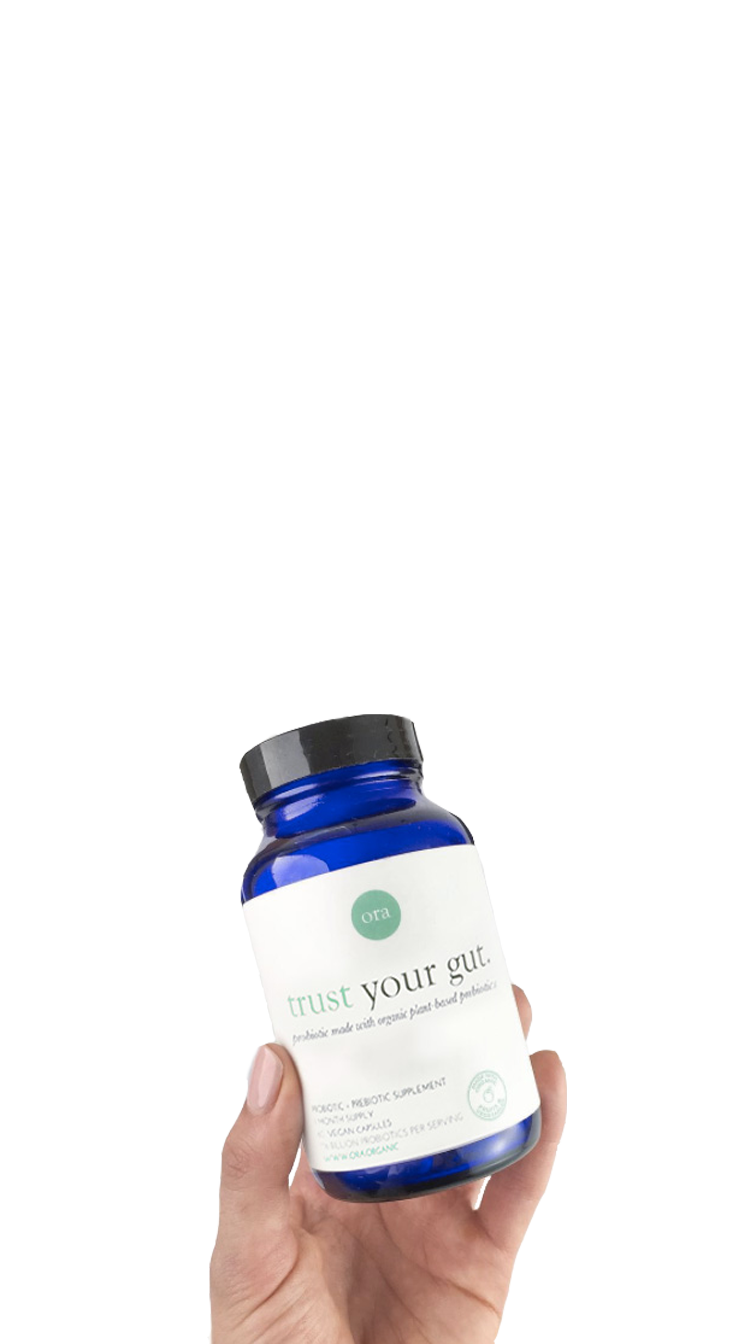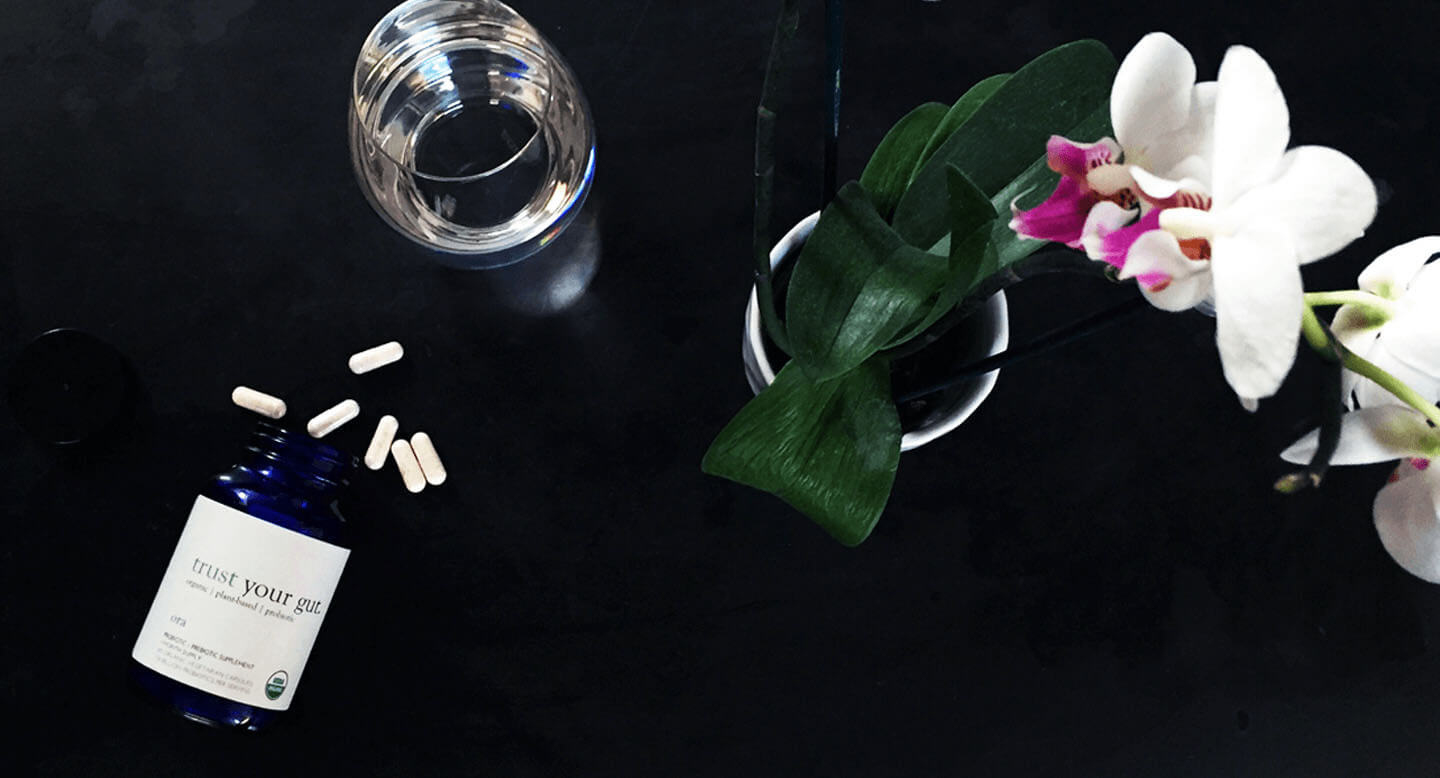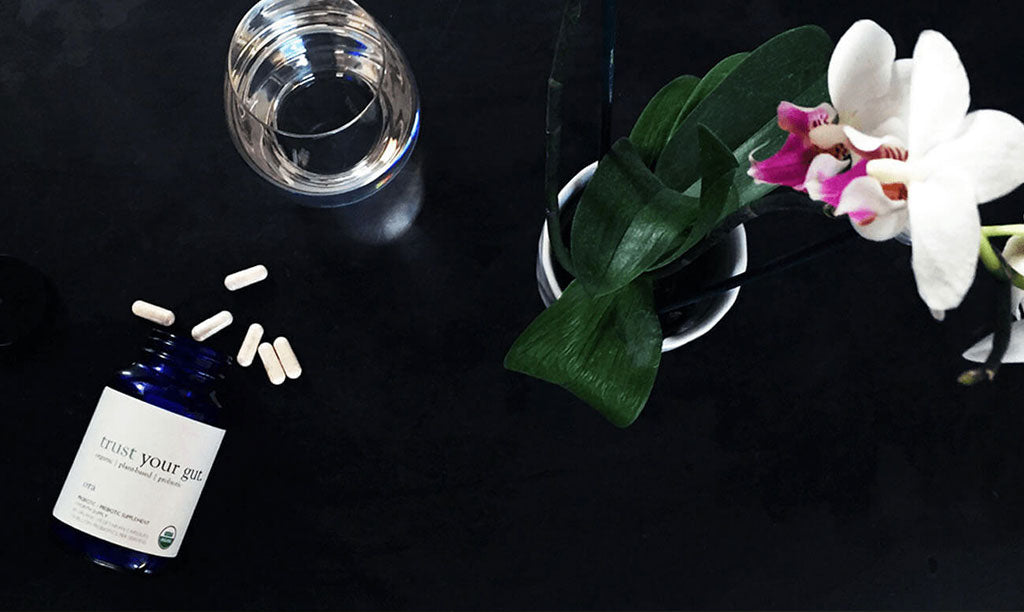Does It Really Matter When?
If you’re reading this you’re probably already an avid lover-of-good-bacteria and a loyal probiotic-taker. We’ve got a lot in common.
One of the questions we get frequently around here is, “Does it matter how and when I take my probiotic?”
Some of you are thinking, “Well duh, just do what the probiotic supplement label tells you to do.”
Unfortunately, when comparing probiotic supplement labels you’ll find that there isn’t necessarily rhyme or reason to when or how you should take your probiotic.
With food?
An hour before a meal?
At night?
In the morning?
The labels are all over the place.
Probiotics are Sensitive Microorganisms
If you’re taking a probiotic already, then well done you. You’re actively populating your gut with healthy bacteria that will confer an array of health benefits.
But bacteria are sensitive microorganisms--they’re easily affected by things like temperature, stomach acid, and food sources.
It’s the condition of your gut that can easily make bad bacteria wreak havoc or good bacteria thrive.
So, the short answer is: yes - it does matter when and how you take your probiotic.
But there’s a longer answer behind it, too.
Whatever the label may tell you - below are some tips to make your probiotics wrk smarter, not harder.
Timing is (Almost) Everything
Though there isn’t an exact science to when you take your probiotic, it’s better to do so with a meal or no more than 30 minutes before a meal.
When you eat, stomach acid and bile secrete to break down the food. Stomach acid is often too harsh for the delicate bacteria cultures to survive on their own, but adding some food into the mix will allow the cultures to make it to the intestines without as much acid exposure.
A common misconception is that first thing in the morning is the best time to take probiotics.
But remember: As living organisms, probiotics need food, water, and warmth to thrive.
So unless you've been midnight snacking again - your empty stomach might not be the most welcoming environment for those little probiotics first thing in the morning.
You Need Prebiotics
Think of prebiotics as fuel for probiotics.
Without prebiotics, probiotic bacteria would get to the gut and then promptly die (after all the effort of making it there!).
Ensuring that your probiotic has prebiotic fiber built into the formula is key, but eating prebiotic foods will also help with your probiotic gut health.
Foods like jerusalem artichoke, garlic, onions, bananas, asparagus, and chicory are all insoluble fibers that are known to effectively keep good bacteria doing good.
Studies also show that pairing your probiotic with some kind of healthy fat will aid in gut transport.
You Need a Probiotic with Multiple Strains
Not all probiotic bacteria are up for the job of making it past harsh stomach acid and bile to post up in your intestines.
Lactobacillus and Bifidobacterium are known to successfully make the journey time and again, so look for a probiotic (like this one) that contains these bacteria strains.
“Multi-strain probiotics provide strength in numbers as well as bacterial variation, since every strain provides a different function and benefit to the body.”
There are sub-strains within these two categories, and multiple strains of each will give the bacteria a better shot at gut survival.
Multi-strain probiotics provide strength in numbers as well as bacterial variation since every strain provides a different function and benefit to the body.
Get Primal
Think Paleo a minute and go back to how our ancestors got probiotics.
They didn’t have capsuled supplements or food labels (mis)guiding them. Evolutionarily, we just ate probiotic and prebiotic foods, and that was that.
So yes, continue to take your supplement, but eat your probiotics too!
Too Long, Didn’t Read (TLDR)
|
Best time to take probiotics: |
In the morning with breakfast, or at least within 30 minutes of eating a proper meal. |
|
Best way to help your probiotics along: |
Get a probiotic with prebiotics included and ensure you're getting plenty of fibrous prebiotics in your diet too. |
|
Don’t forget: |
Get a probiotic with many strains, and make sure they’re varied enough to have the best chance of making an impact on your body. |
|
Parting words... |
Trust your gut, and heal from within. |





